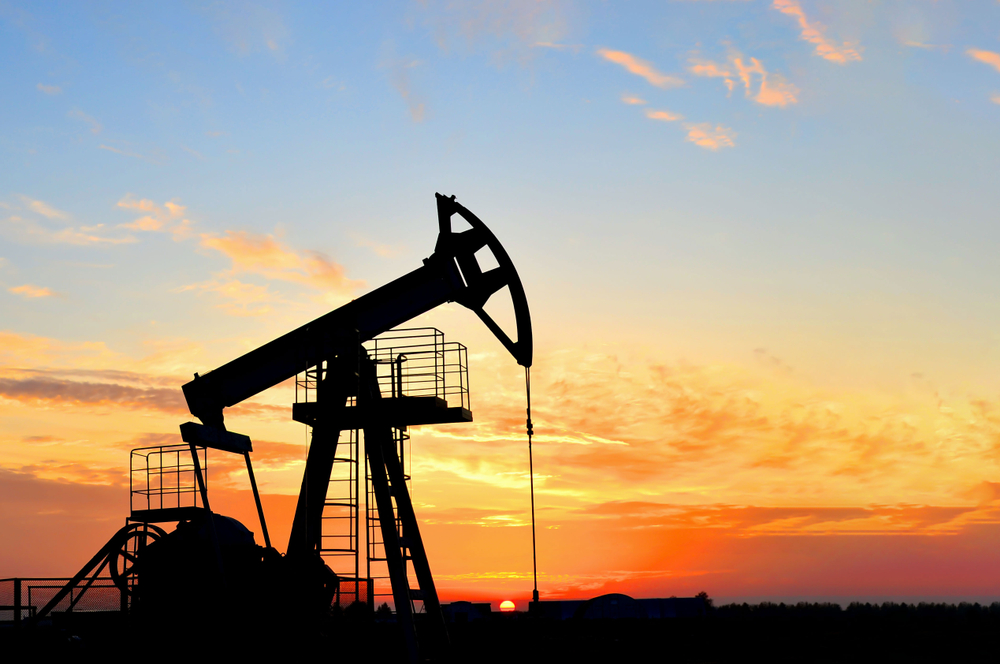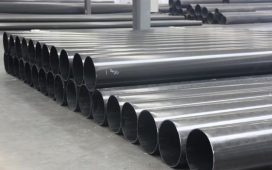Oilfield accidents are a reality of working in the oil and gas industry. While the vast majority of workers go home safe and sound at the end of each day, accidents do happen. In this blog post, we will discuss what an oilfield accident is, how to deal with them if they happen to you, and what you can do to prevent them from happening in the first place.
Understanding the most common types of oilfield accidents: Most oilfield accidents can be classified into four main categories: transportation, facility, process, and well-related.
Transportation accidents are the most common type of oilfield accident, accounting for nearly 40% of all incidents. These accidents usually involve vehicles colliding with each other or striking pedestrians.
Facility accidents are the second most common type of oilfield accident, making up about 30% of all incidents. These accidents typically involve workers being injured by falling objects or equipment failure.
Process-related accidents make up about 20% of all oilfield accidents. These incidents usually occur when workers are exposed to hazardous materials or chemicals without proper safety gear or training.
Finally, well-related accidents account for the remaining ten percent of oilfield accidents. These accidents often involve injured workers by falling objects, high-pressure fluids, or explosions.
To prevent oilfield accidents, it is important to understand the most common types of incidents and take steps to avoid them. Understanding the risks associated with each type of accident can ensure that you and your employees are properly trained and equipped to handle any potential hazards.
If you do find yourself in an oilfield accident, it is important to stay calm and follow the proper safety procedures. Notifying your supervisor or safety manager as soon as possible is crucial so that they can investigate the incident and take corrective action if necessary.
However, the term corrective action can mean a wide number of things. While everyone has their way of dealing with accidents, not everything you do will help. One of the best ways to deal with oilfield accidents is to get in touch with an experienced attorney who can help you navigate the complex legal landscape.
An experienced oilfield accident lawyer will know how to investigate the cause of the accident and hold the responsible parties accountable. They can also help you recover damages for your injuries and losses. Here are a few tips to help you understand what you should do when you get involved in an oilfield accident:
Get immediate medical treatment: Your health and safety should be your top priority after an accident. If you are injured, seek medical attention as soon as possible. Even if you don’t think you’re seriously hurt, it’s always best to get checked out by a doctor.
Don’t sign anything without consulting an attorney: After an accident, insurance companies will often try to get you to sign away your rights in exchange for a quick settlement. However, these settlements are almost always far less than what you could recover with the help of an experienced lawyer.
Gather evidence: If possible, take pictures of the scene of the accident and collect any evidence that could be used to support your claim. This evidence can include witness statements, medical records, and repair bills.
Keep track of your expenses: Keep track of all the money you spend due to the accident, including medical bills, lost wages, and property damage. This documentation will be essential in calculating the full extent of your damages.
Get help from an experienced oilfield accident lawyer: Perhaps the most important thing you can do after an oilfield accident is to get legal help from an experienced attorney. A lawyer can protect your rights, investigate the cause of the accident, and help you recover the compensation you deserve.
Get contact info from witnesses: After an accident, it’s important to get contact information from witnesses who saw what happened. These witnesses can provide valuable testimony if your case goes to trial.
File a report: You should always notify your supervisor or safety manager immediately after an accident. They will likely need to file an incident report, and this report could be used as evidence in your case.
Don’t give a statement to the other party’s insurance company: It’s never a good idea to give a statement to the other party’s insurance company without consulting with an attorney. The insurance adjuster will likely try to use your statement against you, so it’s best to let your lawyer handle all communication with the insurance company.
Keep a journal: After an accident, you should keep a journal documenting your injuries and how they affect your daily life. This documentation can be used to support your claim for damages.
Keep all medical records: After you have received treatment, make sure to get copies of all your medical records. These records will be important in documenting the extent of your injuries and losses.
The most important thing to remember after an oilfield accident is that you have legal rights and options. An experienced attorney can help you understand these rights and options and fight for the compensation you deserve.







